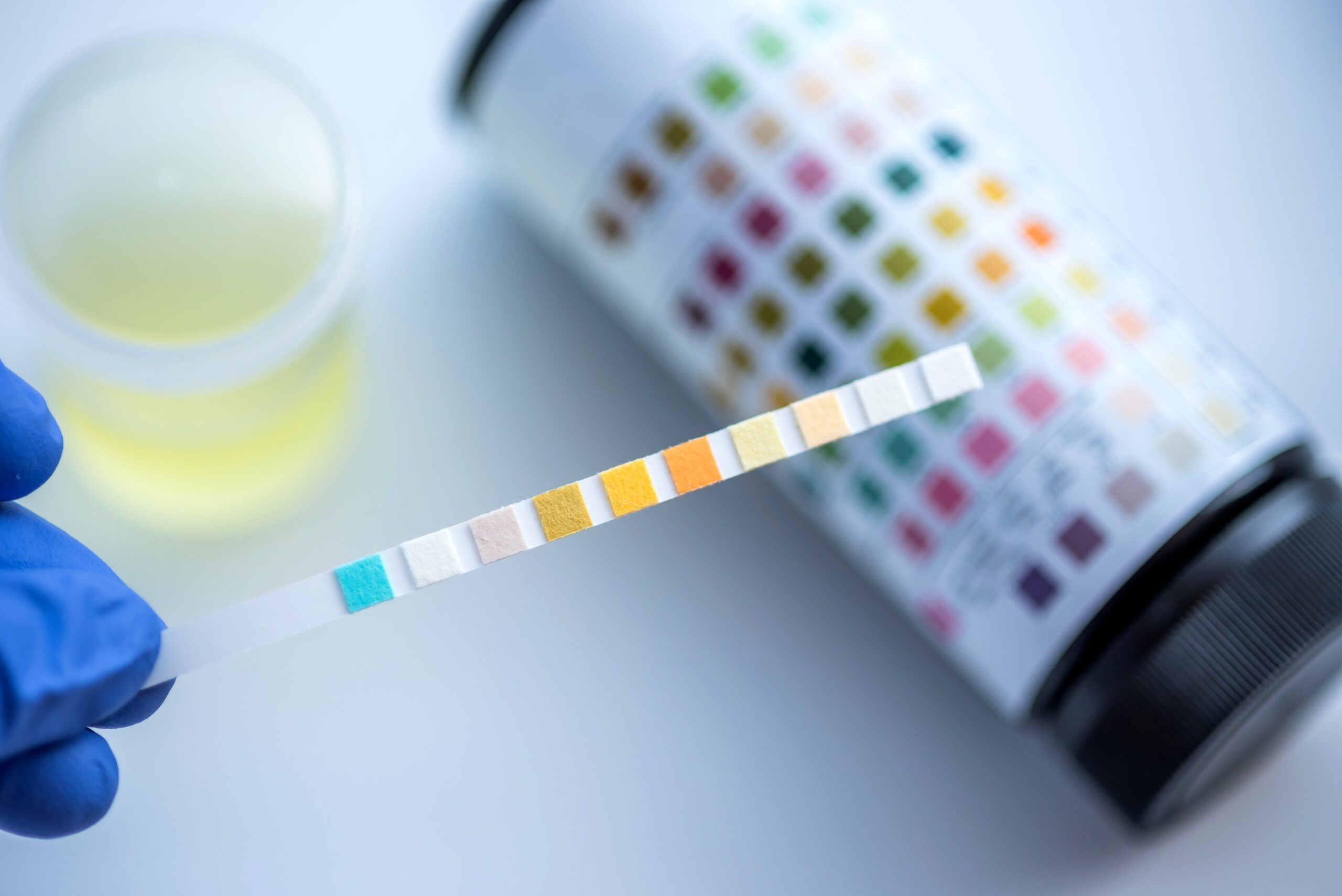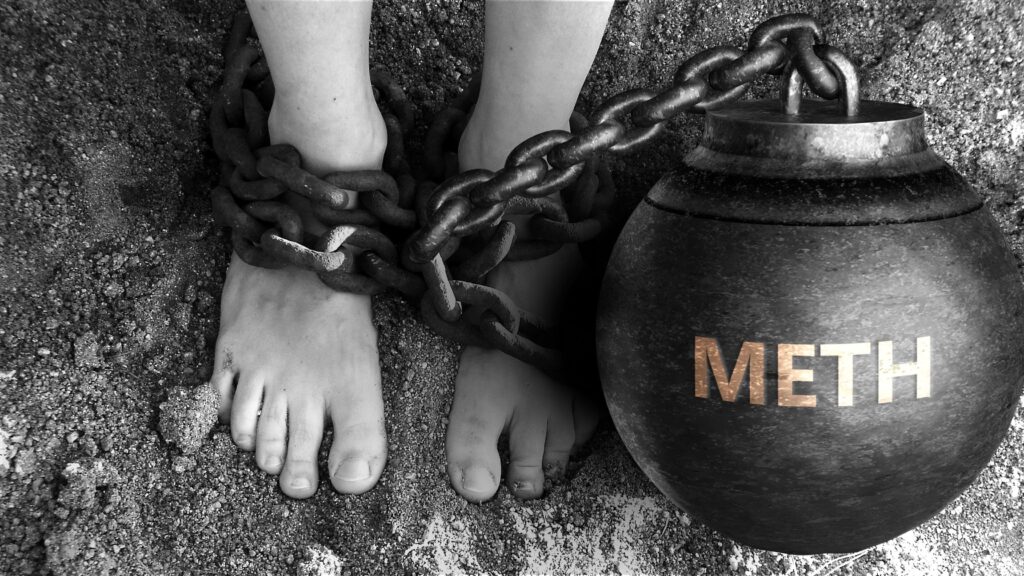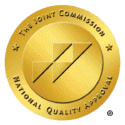How Long Does Meth Stay in Your System?
How long does meth stay in your system? This is a deceptively simple question that can have a wide range of correct answers.
What Is Methamphetamine?
Methamphetamine is a powerful stimulant that poses a high risk of both abuse and addiction. As its name suggests, it is similar to another dangerous stimulant, amphetamine.
Meth use affects the central nervous system (CNS) by boosting the levels of several neurotransmitters, including serotonin, dopamine, and norepinephrine. These chemical messengers affect energy, mood, reward, arousal, and several additional functions and characteristics.
When a person ingests meth, the drug usually triggers a euphoric rush that is accompanied by:
- Increased energy
- Racing heart rate
- Improved focus and concentration
- Decreased appetite
- Minimal need for sleep
As these effects begin to dissipate, the individual will typically experience a physical and psychological crash.
To maintain their high and stave off this crash, people often feel compelled to use more meth. In addition to causing considerable physical and psychological damage, meth binges can also cause a person to become addicted to the drug.
According to the National Institute on Drug Abuse (NIDA):
- Nearly 17 million Americans ages 12 and above (or about 6% of the people in this age range) have used meth at least once.
- About 2.5 million people in the U.S. used meth in the previous 12 months.
- In 2022 alone, NIDA attributed more than 34,000 overdose deaths to “psychostimulants with abuse potential (primarily methamphetamine)”
Given the drug’s powerful effects, high potential for addiction, and elevated risk of overdose death, it is understandable to want to know, how long does meth stay in your system?
How Long Does Meth Stay in Your System?
The answer to the question, how long does meth stay in your system, can vary depending on several factors, including:
- How much meth you used
- The potency of the meth you ingested
- If you used the drug on a regular basis, or just once
- Your body’s metabolism rate
The answer will also be influenced by which type of drug screen you take. As we will discuss below, the correct response to “how long does meth stay in urine?” will be different than the answer to “how long does meth stay in your bloodstream or saliva?”
How Long Does Meth Stay in Urine?
Many common drug screens look for the presence of substances in urine. Features that make this type of test popular include cost (urine tests are relatively inexpensive) and ease of use (providing a urine sample is much simpler than having blood drawn).
So, how long does meth stay in your pee? A urine test will likely detect meth if you have used it within the previous three to five days.
How Long Does Meth Stay in Your Blood?
Blood tests aren’t as common as urine tests, but they are still used quite often.
How long does meth stay in your blood? It may surprise you to learn that blood tests have a shorter detection window than urine tests do.
Blood tests will usually be able to detect the presence of meth for 24-48 hours (one to two days) after the last time you used meth.
How Long Does Meth Stay in Your Saliva?
Saliva test are often also referred to as mouth swab tests or oral fluid tests. Collecting a sample for this type of test is a simple matter of rubbing a cotton swab along the inside of a person’s mouth, then exposing the swab to various substance-specific reactive agents.
For testers, one of the main benefits of saliva tests is that they can produce results quickly, since the sample doesn’t need to be sent to a lab for analysis.
How long does meth stay in your saliva? You may test positive on a saliva test if you have ingested meth within the previous 96 hours (four days).
How Long Does Meth Stay in Your Hair?
Evidence of prior drug use can be found in hair long after the substance is no longer detectable in urine, blood, or saliva.
How long does meth stay in your hair? This form of test can usually find evidence of prior meth use for up to 90 days (three months) after you stopped using meth. If you had been using meth on a regular basis before stopping, it’s possible that you could test positive four months after quitting.
Though meth stays in your hair for three to four months, the slow growth rate of hair means it can take while before the drug shows up in a sample. There’s usually a seven to 10-day window between when a person stopped using meth and when evidence of their meth use will be detectable in a hair sample.
For comparison purposes, meth will usually show up in a saliva test within about 10 minutes after you use the drug.
How To Get Meth Out of Your System
The process of getting meth out of your system consists of two steps:
- Stop using meth.
- Wait.
It usually takes 40-60 hours for the meth in your system to fall below a clinically significant amount, and there’s no way of speeding it up.
Even after meth has been eliminated from your body, you can still test positive for it. This is because drug screens don’t only look for the actual presence of meth. They also detect metabolites, which are substances that are created as your body breaks the drug down for safe elimination. Some metabolites will remain in your system for days or weeks after the meth itself is gone.
If you have become addicted to methamphetamine, the absence of the drug can trigger a variety of distressing withdrawal symptom. If you try to stop using meth on your own, the intensity of these symptoms can prevent you from doing so.
The good news is that you don’t have to do this alone. When you receive effective care from a reputable treatment provider, you can get through withdrawal safely and with minimal pain. Then you can begin to build a foundation for a healthier life in recovery.
Is Meth Becoming a Problem? Contact Sanctuary Treatment Center for Help
Sanctuary Treatment Center offers a full continuum of customized care for adults who have become addicted to meth and other substances.
Depending on your unique needs, your experience at our meth rehab in Los Angeles can include detox, inpatient treatment, and outpatient care. In each of these programs, you will be cared for by a team of experienced and compassionate professionals.
To learn more about how we can help you or a loved one, or to schedule a free assessment, please visit our Contact page or call us today.
Published: 11/01/2024








